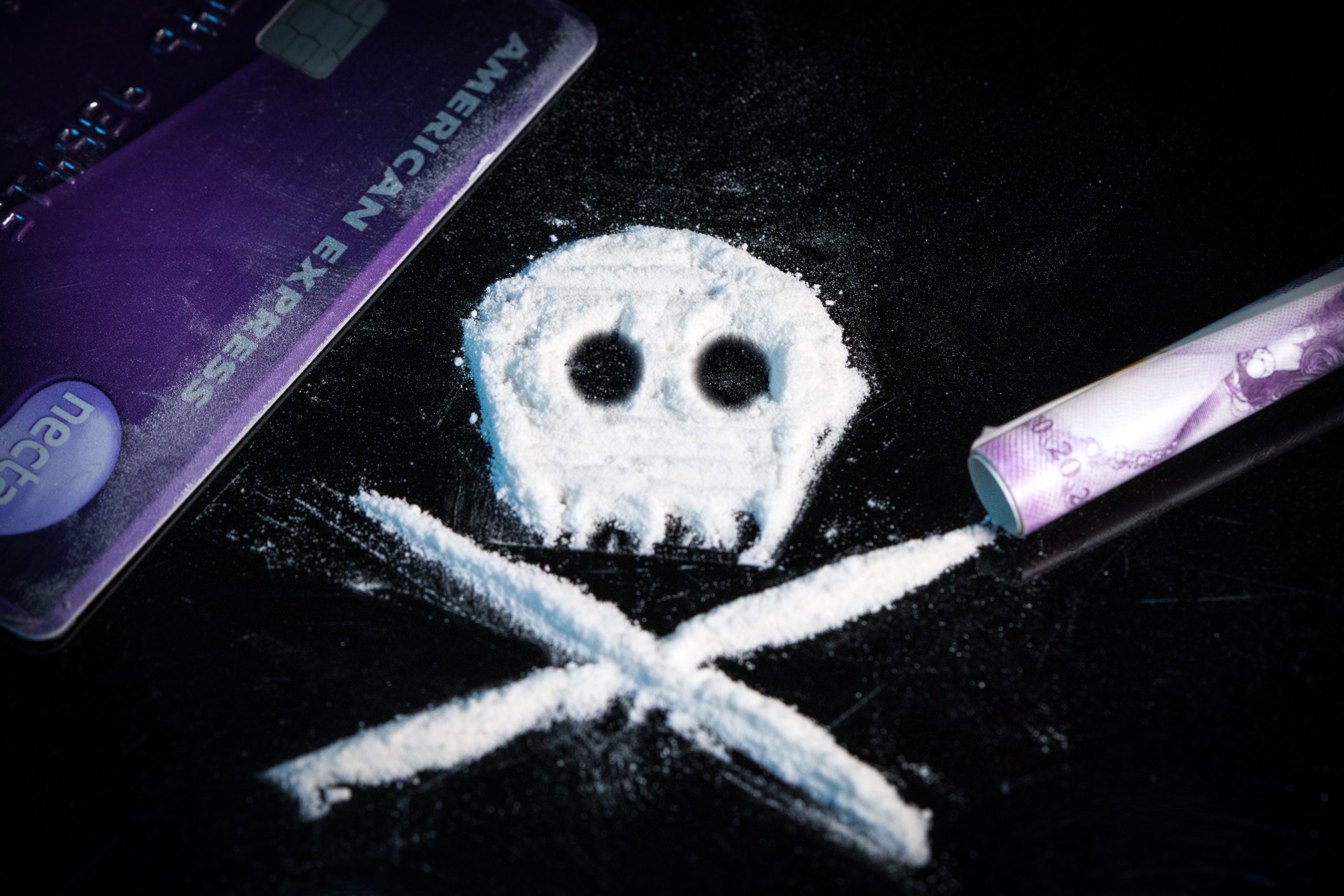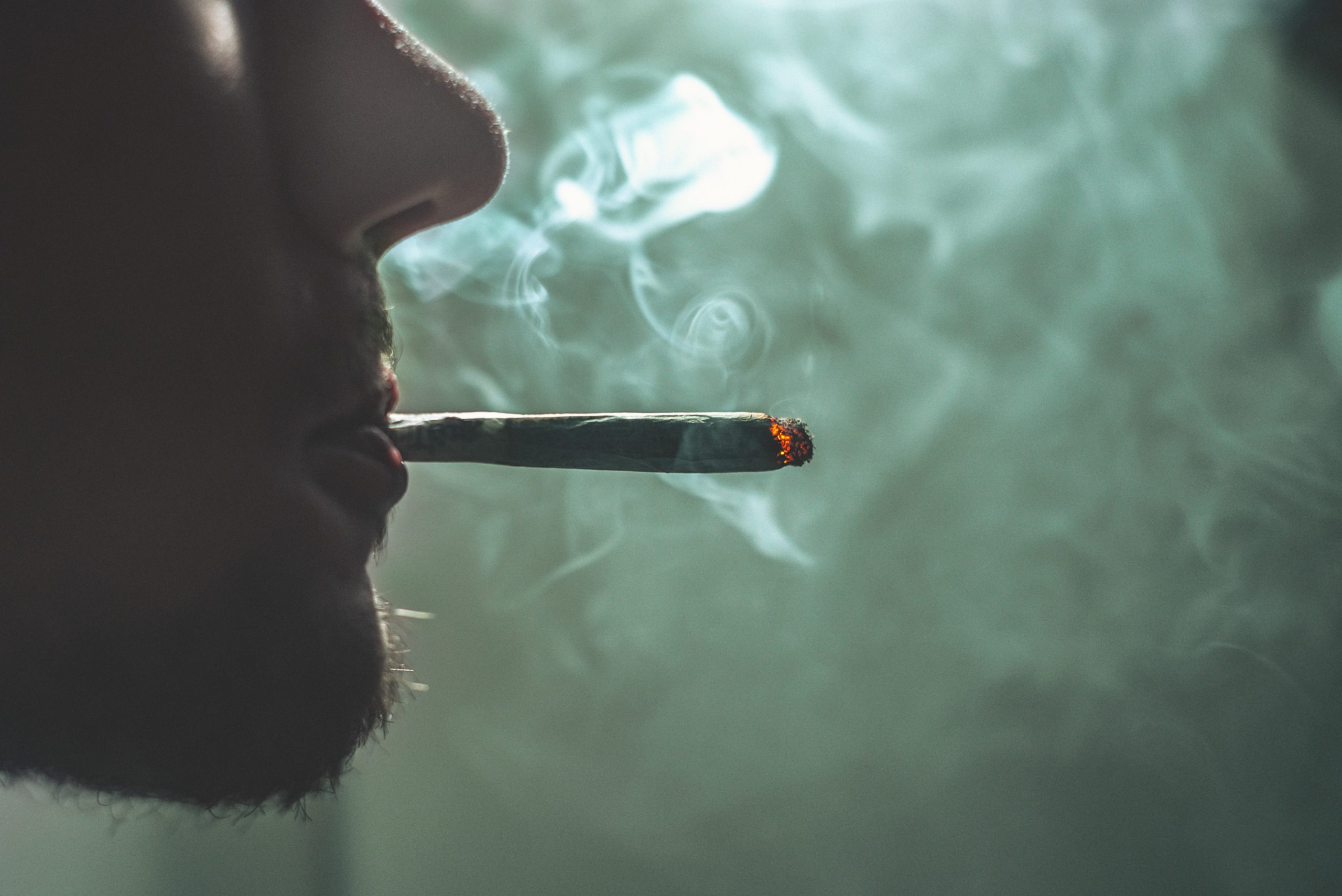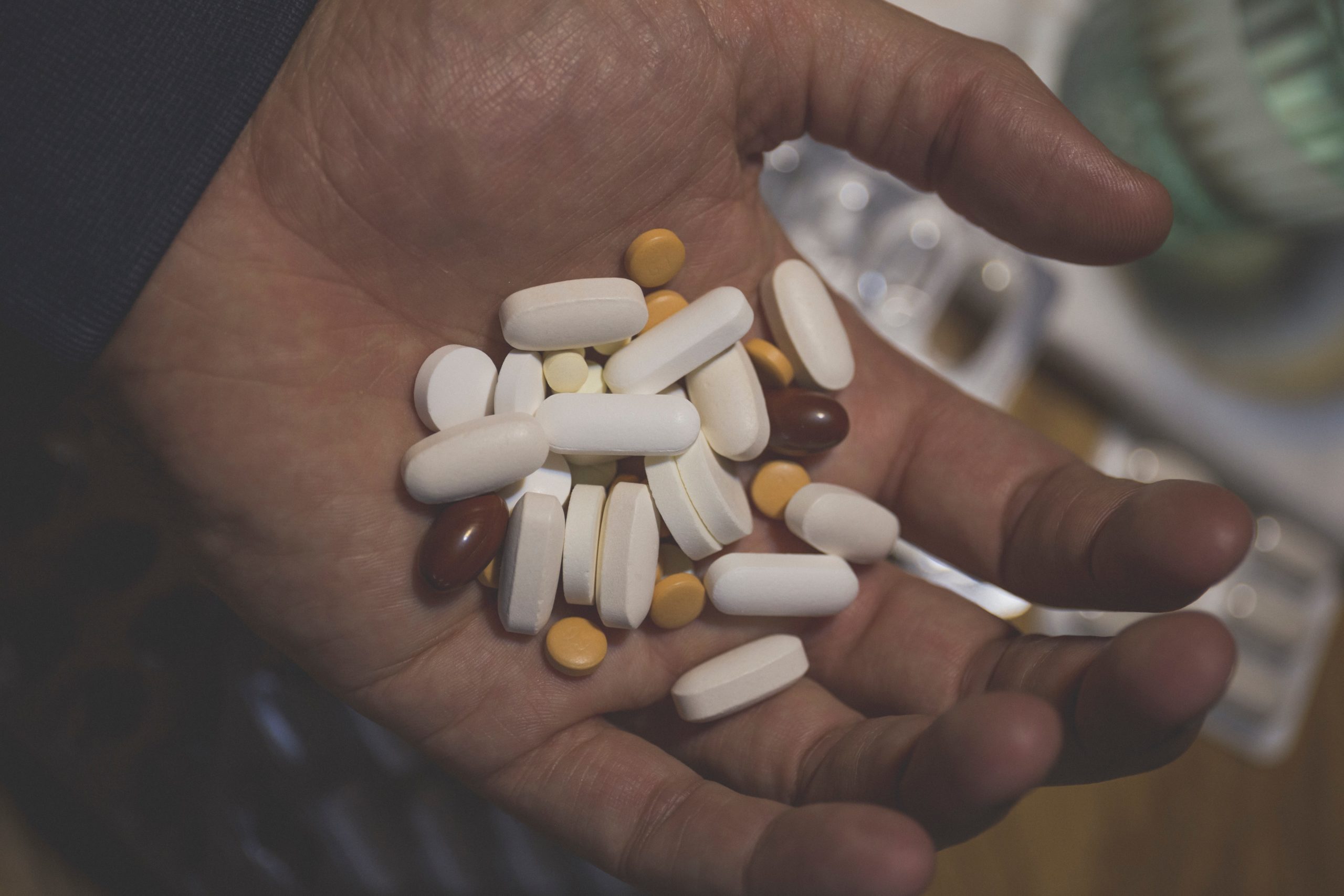The Effects of Drug Abuse in Young People



Young people’s brains can be adversely affected by substance misuse. In addition to contributing to a wide range of serious mental and physical health issues, dangerous actions like driving under the influence are also a potential outcome. The effects of alcohol and drug abuse on youth can also increase the likelihood of an overdose or lead to ongoing difficulties with substance abuse. Of course, people react differently to various drugs. For instance, opioids are just one type of drug that might have a negative impact on a person’s ability to breathe. Furthermore, cocaine and other stimulants have been linked to heart attacks and strokes. On the other hand, marijuana use is associated with a heightened risk of cognitive impairments. These are only a few of the potential negative outcomes and long-term impacts of drug use. Below, we discuss some of the most prevalent effects of drug abuse in young people.






